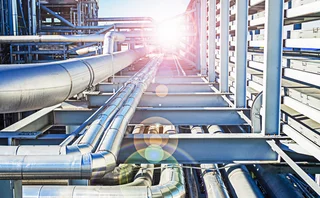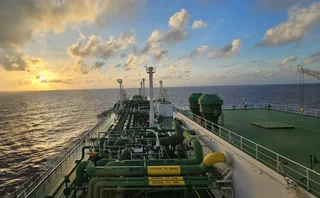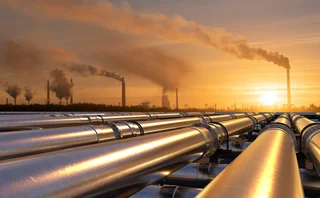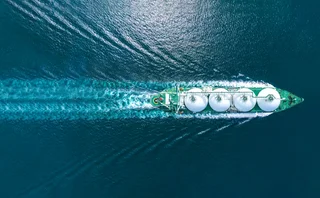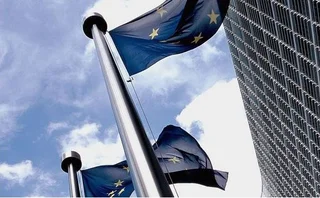Gazprom claims highlight stranglehold over European gas
But EC antitrust probe does not hold the answer to Europe's energy dependence

Oil indexation – the practice of linking the price of natural gas in long-term contracts to oil and oil products – has long been a sore point for European buyers. On April 22, the issue exploded into the headlines as the European Commission (EC) issued a statement of objections in a long-running antitrust probe into Russian gas giant Gazprom.
The EC's statement outlined its preliminary view that Gazprom – the dominant supplier of gas to central and eastern Europe, with a 100% market share in some countries – is breaking European Union antitrust rules. Its main complaints were: Gazprom's use of territorial restrictions in its sales contracts, such as export ban and destination clauses; an allegedly unfair pricing policy that includes the use of oil indexation; and the alleged tying of natural gas supplies to deals on pipeline infrastructure.
In a statement released the same day, Gazprom denied the claims, saying it "strictly adheres to all the rules of international law and legislation in the countries where [it] operates". It also cited its status as a "strategic state-controlled entity", saying that it expected the matter to be resolved in intergovernmental talks.
For Gazprom, the matter is a political and not a legal one. While disappointing, this attitude might not be surprising, given that little in today's Russia seems to be truly isolated from politics.
Whether or not the company breached EU rules, questions are increasingly being asked about Europe's heavy reliance on Russian gas, especially given the conflict in Ukraine. The EC is eager to strengthen and secure Europe's energy market. To do so, it needs an ambitious plan for investing in energy infrastructure and diversifying supplies.
This is a huge, expensive and time-consuming task. It will mean improving electricity and gas interconnections, promoting the expansion of renewables and fostering greater energy efficiency. It will also mean taking hard decisions about whether to exploit Europe's own fossil fuel resources – both conventional and unconventional – and whether to build new nuclear power stations.
As far as Gazprom is concerned, there is probably a deal to be done here. The company accepts that a move towards more market-based gas pricing is inevitable in Europe. It should step back from some of its most aggressive sales practices in return for a swift settlement from the EC. In return, the EC would tacitly recognise Gazprom's continued stranglehold over central and eastern Europe, which is unlikely to be broken any time soon.
More on Gas/LNG
Energy Risk Europe Leaders’ Network: geopolitical risk
Energy Risk’s European Leaders’ Network had its first meeting in November to discuss the risks posed to energy firms by recent geopolitical developments
Energy Risk US Leaders’ Network: tackling volatility
Energy Risk’s inaugural US Leaders’ Network convened in Houston in October to discuss risk management challenges caused by geopolitical upheaval, policy uncertainty and volatility
LNG trading strategies set to change amid major market shifts
The global LNG market is on the brink of significant changes set to alter trading dynamics and market behaviour, say analysts
Energy Risk at 30: Learning from the past
Energy Risk looks back at the seminal events and developments that have shaped today’s energy markets
Natural gas/LNG house of the year: ENGIE
Energy Risk Awards 2025: Energy firm signs a string of innovative deals in established and fledgling gas markets
Natural gas/LNG house of the year: ENGIE
ENGIE continues to expand its services to better serve firms in Apac dealing with the challenges of energy risk management and supply
Market shrugs off EC’s plan to change gas benchmark
Dutch TTF prices unmoved, as market participants say they are “not taking it seriously”
Natural gas/LNG house of the year: Engie
Energy Risk Awards 2021: In a volatile market Engie continued to grow its gas and asset management businesses

